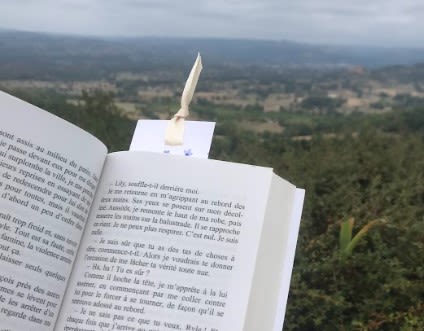Are BookTok and Bookstagram making reading "cool" again?
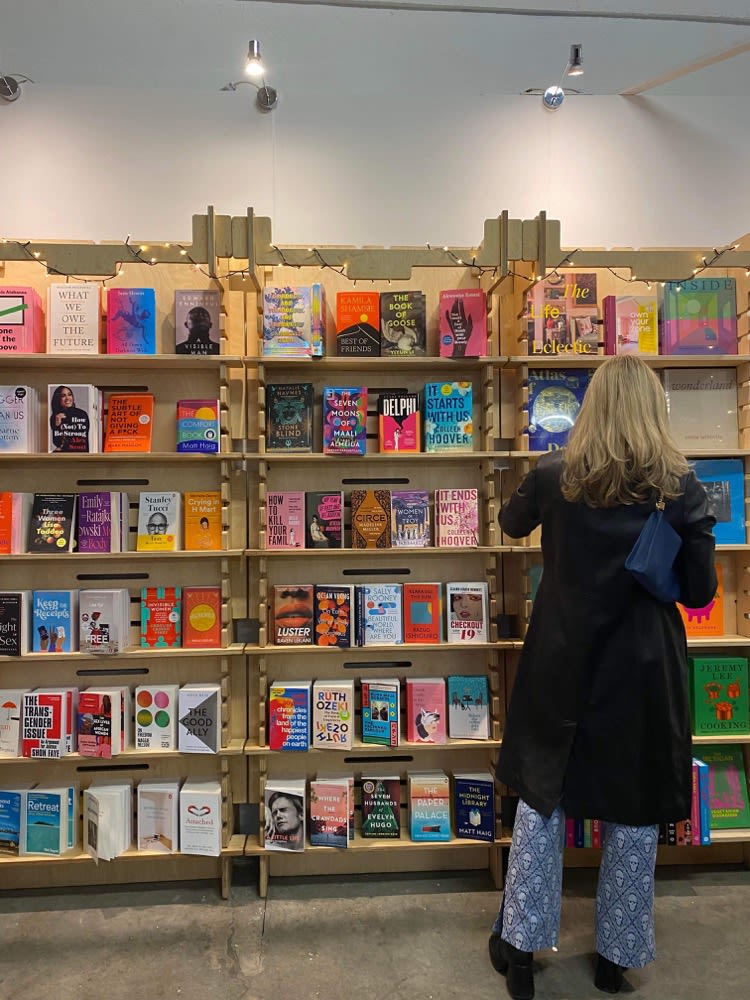
There is no doubt that social media has a huge influence upon the lives of its users.
From exercise trends to fashion inspiration, networks like Instagram, Facebook, Twitter and TikTok wield power over many people, particularly younger generations and millennials.
Social media has recently been flooded with a new kind of content; since BookTok and Bookstagram took off in 2020, it has been hard to avoid the influx of book-related posts on TikTok and Instagram. The trend is soaring to new heights. It peaked this summer, with endless photos and videos exhibiting book recommendations, essential reading lists and beautiful images of books displayed.
TikTokers and Instagrammers have joined the new community in a bid to share their favourite books.
The question that begs to be answered - is social media making reading "cool" again?
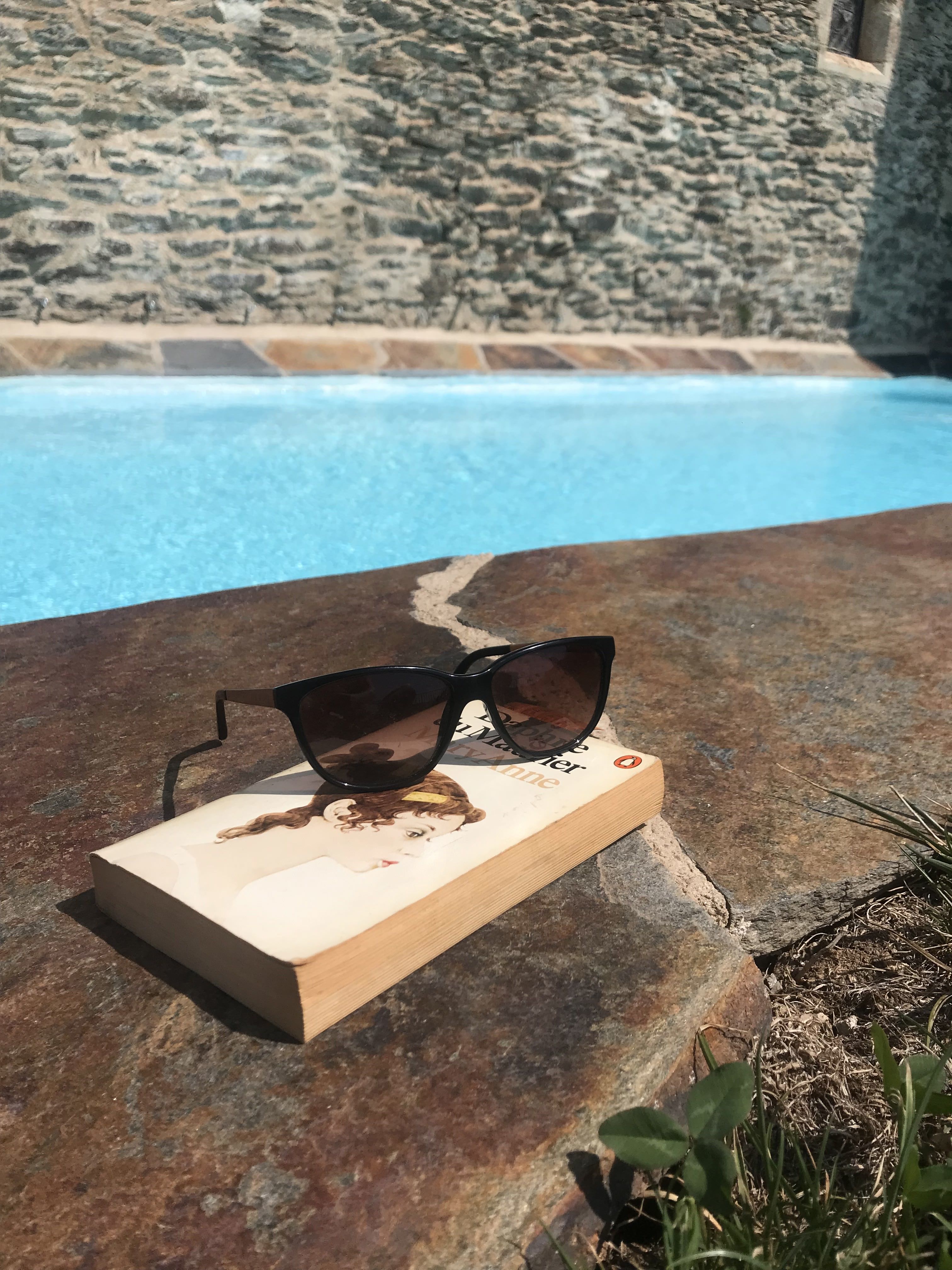
Over the last few years, reading has become increasingly unpopular. Before lockdown during the Covid-19 pandemic, children's and young people's enjoyment of reading had reached a 15-year low, the Literary Trust reported. They added that fewer than 3 in 10 children and young people aged 8 to 18 said that they read every day, the second-lowest level since 2005. Young people read less than older generations, often spending their time online instead.
#Booktok and #bookstagram might be a solution to this problem. This corner of the web provides a refuge for book lovers across the world, not only allowing them to share their thoughts on the internet, but also making reading more accessible. Rather than encouraging children and young people to get off their screens, is it not an ingenious way to use the new digital world to promote books and reading?
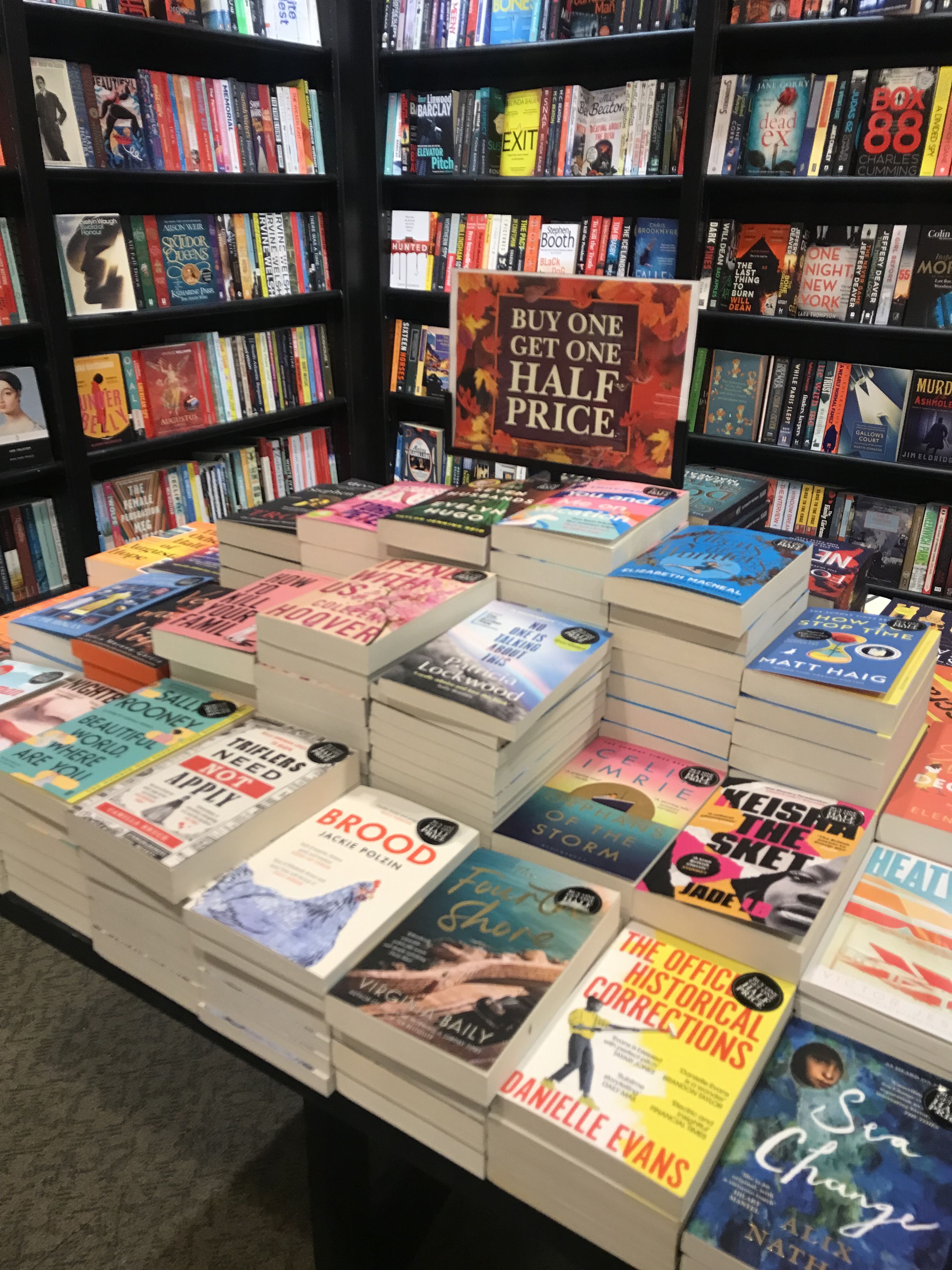
There are many books currently trending on TikTok, including titles by authors such as Colleen Hoover, Taylor Jenkins Reid and Madeleine Miller.
'How to Kill Your Family' by Bella Mackie
The story of Grace Bernard, a young woman who discovers that her birth father's family mistreated treated her mother - so Grace decides to set out to kill each of them.
“I like being by myself, other people so often enrage or annoy with their inane small talk and fumbled attempts at meaningful connections.”
'It Ends With Us' by Colleen Hoover
This novel explores the story of a woman's struggle to break the cycle of abuse in her family to protect herself and her child.
“There is no such thing as bad people. We’re all just people who sometimes do bad things.”
'My Year of Rest and Relaxation' by Ottessa Moshfegh
A year in the life of a privileged New Yorker who decides to take prescription medications to sleep for an entire year.
“Oh, sleep. Nothing else could ever bring me such pleasure, such freedom, the power to feel and move and think and imagine, safe from the miseries of my waking consciousness.”
BookTok and Bookstagram in action
“I think it has become quite cool to like the image of someone sitting on a train, reading a book. The IT girl reading. I think it has made reading cool.”

Attitudes towards reading are changing as a result. Student and TikTok user Sasha Rabinowitz, 17, believes that more of her friends are reading now than ever before.
Sasha said: "I think it's less shamed upon. I think people respect it more."
Although she has always been a big reader herself, she argued that many of her friends had started to read more since following the social media trend, often reading popular titles like those by Colleen Hoover.
This upward trend has increased book sales over the past year. Statistics even show the rising popularity of books since the Covid-19 pandemic. According to a poll by the Publishers' Association, 59% of 16-25 year-olds say that BookTok or book influencers have helped them discover a passion for reading.
The success of the trend has been huge. According to Insider Intelligence, BookTok helped sell 20 million books in 2021. As well as this, in summer 2022 ten out of the top 15 books listed on the New York Times Paperback Trade Fiction Best Seller list were #BookTok recommendations.

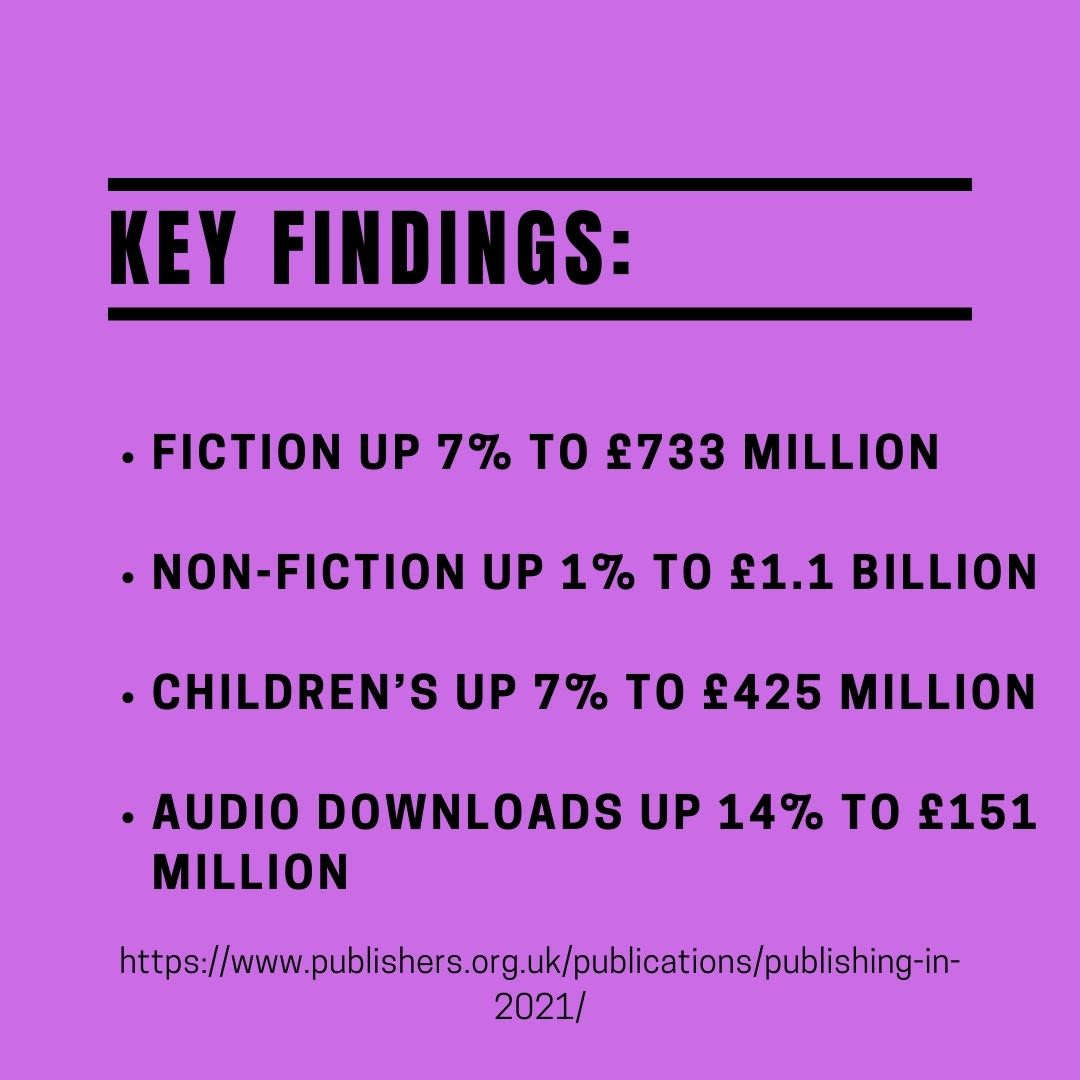
The trend has links to the image of 'That Girl' on social media. Referring to an it-girl persona, 'That Girl' is a concept that has taken over Instagram and TikTok. Videos and images online display super-productive routines, seemingly perfect diets and fashionable (and often expensive) clothing choices. Naturally, these women are often seen holding a book, fitting reading into their already hectic schedules.
Often criticised for glamourising an often unattainble lifestyle, the trend poses its own problems by creating excessive pressure to follow this way of living to be successful. It has come under attack for underplaying mental health issues such as eating disorders and exercise addiction.
Nonetheless, the movement is encouraging healthier habits, notably reading. To feel as though they are the 'Main Character' in their lives, more and more young people appreciate the image of reading books - perhaps even above the act of reading in itself. If the trend is encouraging reading though, whatever its motivations, should we not support it?
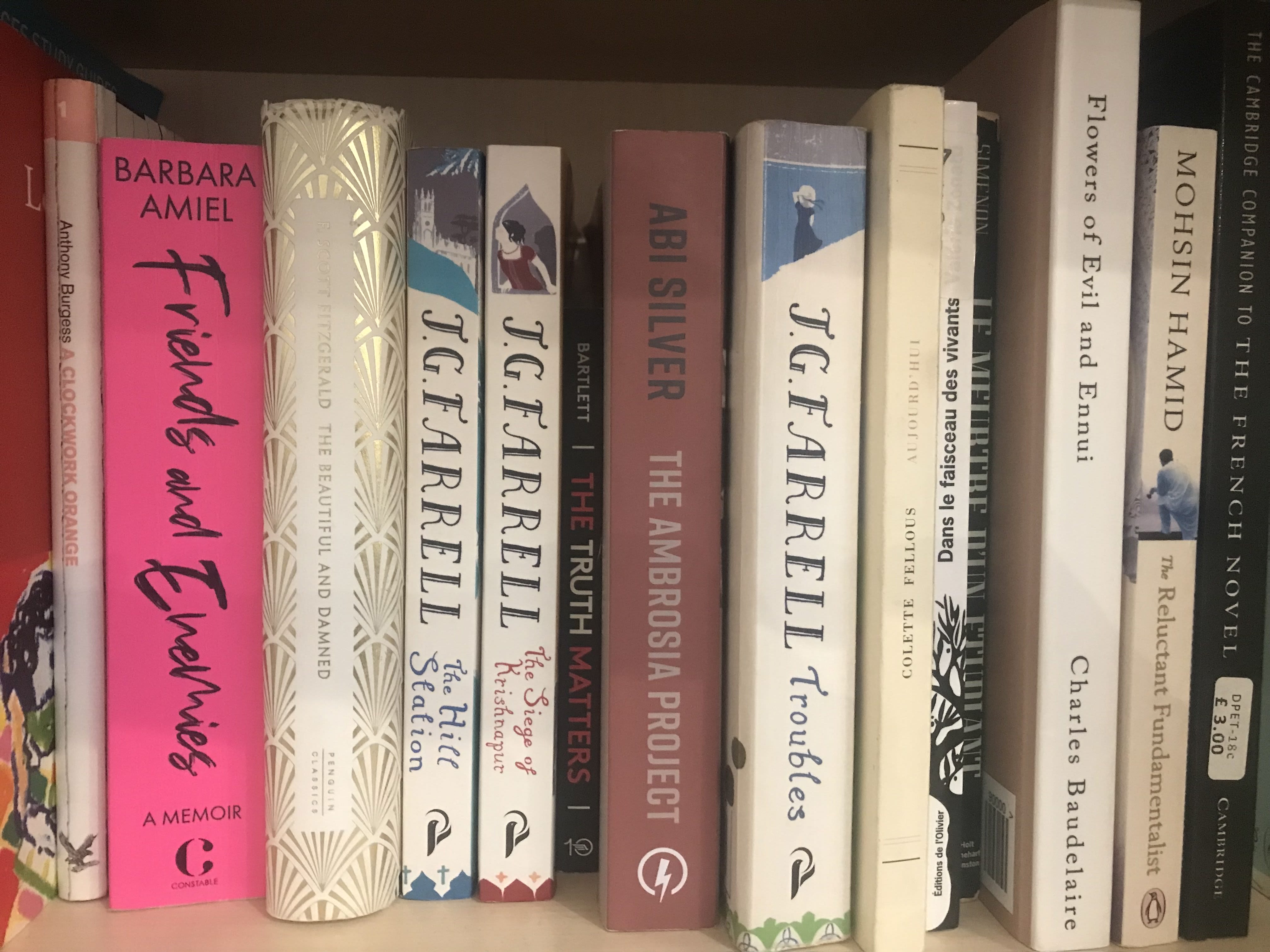
Aside from normalising reading, and even reading in public, the social media trend is having a positive impact on education and in schools. Amanda Blakely, a school librarian, firmly believes #booktok is encouraging the children she works with to read more.
She said: "One of our displays is called 'TikTok made me buy it’ and we have highlighted all the books that TikTok have been advertising.
"Then we brought in a display where the books were on a table in front of all the posters to really emphasise, look, if TikTok is saying it's cool guys, then obviously it is cool."
Amanda added: “For me, reading underpins everything academically because if you can't read, you can't access anything else on your curriculum.
"So I think it can only be positive, even if they're reading the same genre. And even if it's the same type, I don't care because you're still being exposed to new vocabulary, new expressions."
As a school librarian, Amanda has credited social media for much of the rising popularity of reading - despite her personal feelings towards it: "I'm the first person to denigrate social media, I hate it in every form, I hate it with every fibre of my being, but I’d have to say, I do think it's having a positive effect."
If watching videos online and seeing books on-screen is convincing younger people to read more, this is surely positive.
“The kids are always on social media, so if that's gonna encourage them to actually pick up a hard copy of a book, then great,” Amanda said, adding: “If you were never reading before and you are now reading and you're only sticking to that genre, I don't care because you are reading.”
It seems as though this trend may be helping students - who would not otherwise read for pleasure - choose to read something outside of their school hours.
As for the type of books students are reading?
BookTokker Scarlett Acres runs her account @booksfortiktok with this in mind. She is concerned that only a certain type of literature is being consumed, both in schools and in wider society. Canonical texts including Charles Dickens and Shakespeare are often at the top of reading lists, as are many texts written by white male authors.
That is why Scarlett is making efforts to incorporate a diverse range of books into her recommendations, shining a light on texts written by authors who may not otherwise gain the traction they need and deserve.
Indeed, Amanda Blakely has noticed a similar trend - “a lot of gay fiction is much more prominent at the moment. We've had a massive LGBT buying spree because of TikTok because that's what the kids want to read.”
Books like Madeleine Miller’s The Song of Achilles and Alice Oseman’s Heartstopper have appeared at the top of bestseller lists in recent years, and show no signs of slowing down. Academics have argued that supporting diverse book lists and reading habits is essential to understanding the more problematic parts of UK society - books about topics such as racism and homophobia, for example, can allow younger (and older) minds to comprehend the diverse environment in which they live, and combat their own biases.

But what is the downside?

Naturally, there is always a danger when social media promotes a certain lifestyle. It can be argued that BookTok and Bookstagram encourage the image of reading rather than the act itself. There is no shortage of social media content showing the image of books arranged in a visually-pleasing manner with little to no evidence of any actual reading in sight.
Author of the Burton & Lamb book series Abi Silver also worries whether young people want to read at all nowadays, even with the presence of BookTok and Bookstagram. She said:
"The feeling I get from the industry is that it's really hard to make books sexy at the moment because everybody's got Netflix, Disney plus. I mean, all these kind of other ways that they can use their time - and reading is quite hard work."
Nonetheless, Abi is firmly in support of the trend. She put it simply: "I think anything that gets more people to read is a good thing. So I don't even care how you do it."
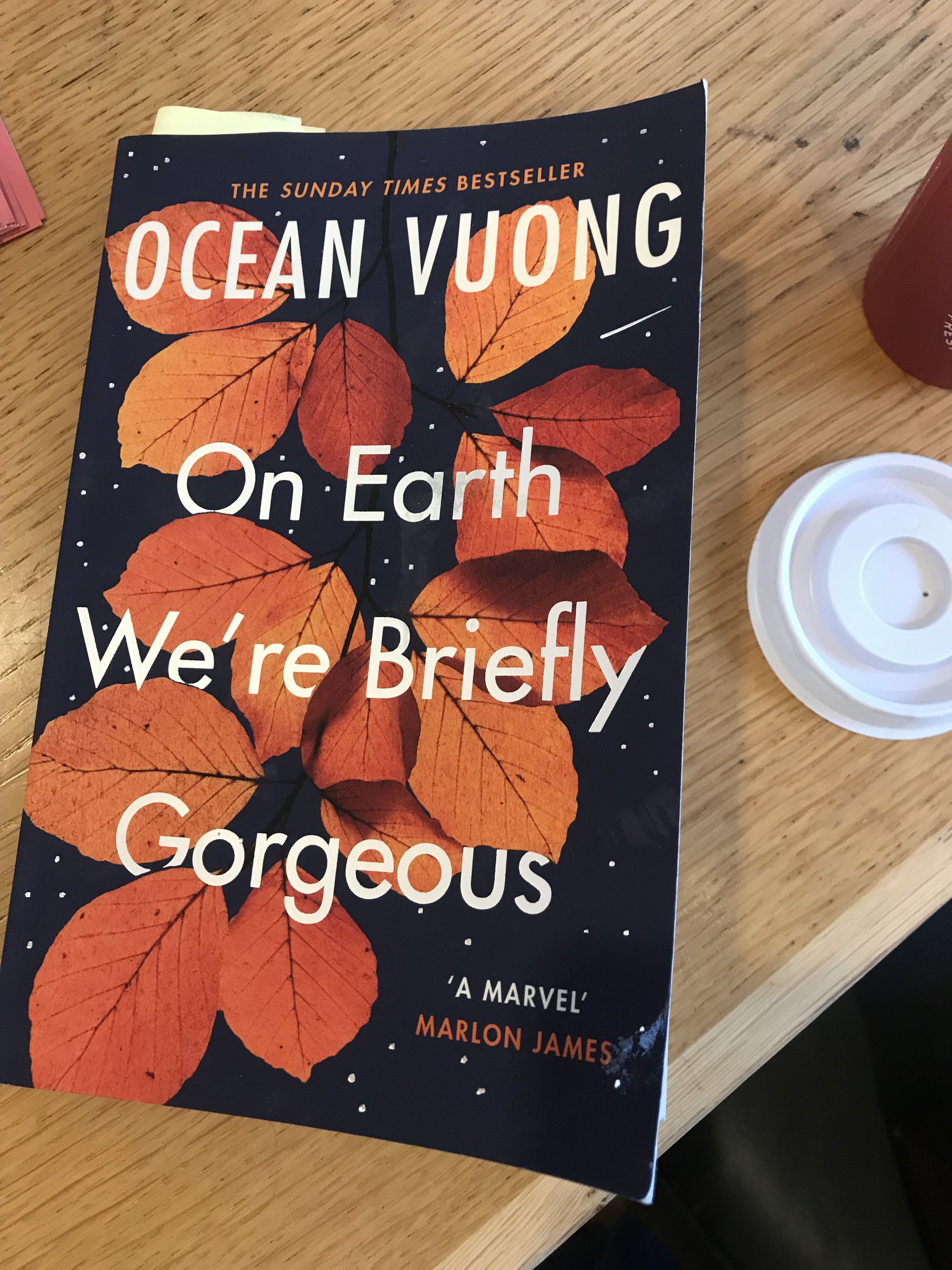
Since the Covid-19 pandemic forced us into lockdown, reading has offered a form of escapism and a way to spend our time. It is no surprise that social media has jumped on the bandwagon, catapulting us into the era of #booktok and #bookstagram.
The benefits of the trend are significant. Aside from improving the public perception of reading, which was previously deemed 'uncool' and reserved for more bookish sorts, it has had a positive impact on education and allowed diversity to flourish in the online world.
Despite many arguments criticising social media and the digital realm, if these social networks can be used for necessary social change, this should be encouraged. Reviving reading as a pastime among younger generations is, surely, something to be celebrated.
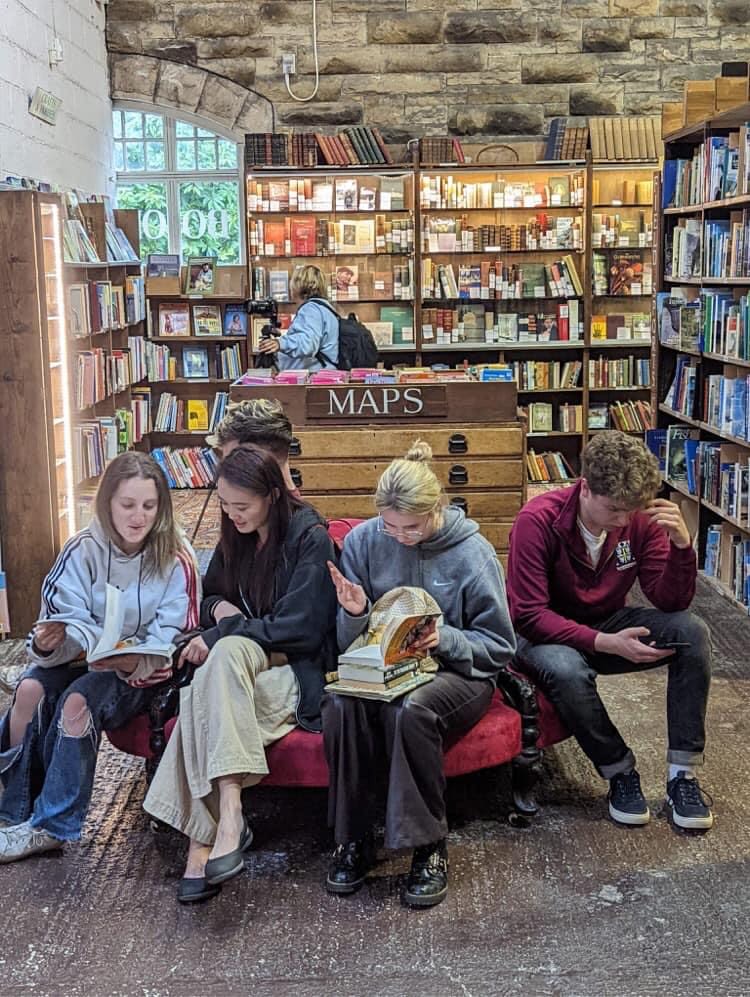
“I declare after all there is no enjoyment like reading! How much sooner one tires of any thing than of a book! - When I have a house of my own, I shall be miserable if I have not an excellent library."
